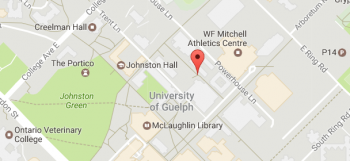Lack of Preparation - Failure to research the company and the job before the interview makes a very poor impression on recruiters.
Arriving too early - Don't arrive more than 10-15 minutes early. Being too early puts pressure on the interviewer, and may actually work to your disadvantage.
Wearing your coat and hat - Remove outdoor clothing before you go into an interview.
Non-verbal communication - Make eye contact. Listen intently when the interviewer is speaking. Give a firm handshake. Don't fidget.
Poor attitude - Overbearing or self-centred behavior (a “what’s in it for me” attitude) is very poorly received. The employer will want to hire you if you can demonstrate what you can contribute to the company, and what skills and experience bring to the job.
Short, long, directionless, pushy answers - “Yes” or “No” is not enough. Provide detail and cite examples from personal experience whenever possible. Don't ramble. If you don't understand a question, ask for it to be re-stated. Don't be pushy or demanding.
Over-sharing - Even if you feel comfortable, do not reveal too much about your personal life. Stick to answering only the questions asked.
Bad-mouthing or revealing confidential information about another employer - Even if you are interviewing with the competition, interviewers don’t want to hear bad-mouthing about their competitors.
Not preparing any questions - Be prepared! Asking questions demonstrates that you are interested in the company, and you have done your homework.
Exaggerating accomplishments - Do not exaggerate your experience or skills when answering interview questions. Remember that employers may follow-up on your assertions during reference checks.
Asking about salary, vacation time, or promotions early in the interviewing process - Questions about money and benefits too soon in the process are a real turnoff to employers. The employer typically outlines salary and benefits at a final interview stage or when they offer you a position.


